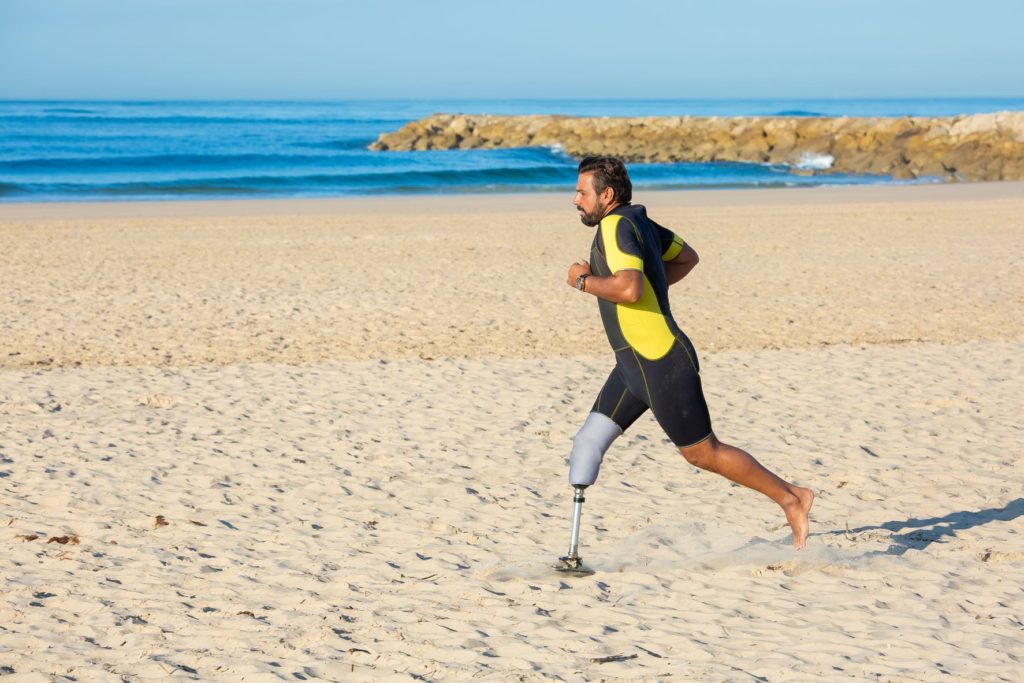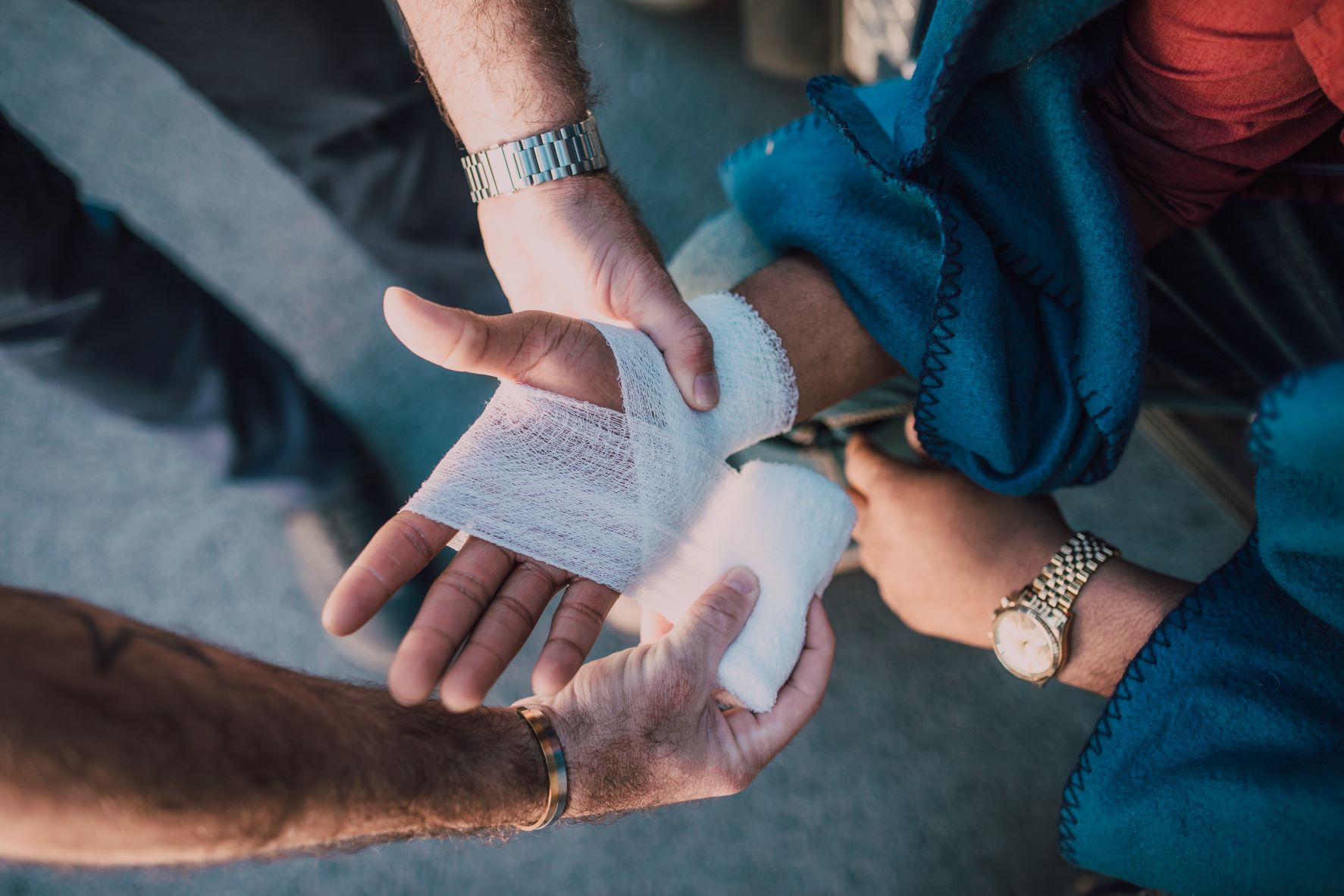As I journeyed through widowhood, I couldn’t help but notice the striking similarities between the stages of healing from a physical versus emotional wound, such as grief. Healing is painful, but understanding the process should give you hope and encouragement as you navigate each stage and all that it entails, for every stage brings you closer to a place of wellbeing. Just as a body bears the scar of a deep physical wound even after healing, so you may be forever changed by the grief you experience. But you can still learn to live triumphantly in this changed reality!
Stages of Wound Healing:
- Hemostasis: platelets adhere to each other forming a thrombus which keeps the wound from bleeding further.
- Inflammatory phase: fluid engorges the site causing swelling and redness. This stimulates healing but is a very painful period. If this phase is prolonged it can be problematic.
- Proliferative phase: rebuilding of cells occurs, which leads to healing. The wound heals better if it is kept hydrated.
- Maturation phase: the cells that were used for rebuilding are no longer needed. They die by apoptosis (programmed self-destruction) and are replaced by a more mature collagen.
This healing process starts about 21 days after injury and takes about a year. The new mature tissue is only about 80% as strong as the original. There is usually a scar, something that will always remind you of the injury.

As I apply the principles of wound healing to a grieving and broken heart, here is what I try to remember.
In the early stages of grief, shock works like a thrombus – it keeps you from feeling the full impact of your loss and pain. Like hemostasis.
Then bit by bit, the numbness wears off and you begin to feel the full impact of your grief: this is painful and ugly. Like the inflammatory phase. This phase serves its purpose to stimulate healing, but staying in this phase for too long can be unhealthy.
Then you realize you have to find ways to survive this grief, ways to take care of your emotional and physical health. You start investing in yourself as an act of survival more than an act of self-indulgence. It takes a while for you to realize you need to take care of yourself and for you to feel like you are going to make it. Like the proliferative phase.
Finally, you realize there are some things that bring you joy and a renewed sense of purpose. You eliminate the things in your life that only helped you survive, and you focus on the things that will help you thrive. Like the maturation phase.

If a physical wound takes 21 days to begin the healing process and a year to complete healing, do you not think a wounded and broken heart will take longer?
If a physical wound can be painful and leave permanent scars, do you not think your profound grief will devastate you and change you forever?
If you can learn to function and once again use a wounded limb, do you not think you can live again?
Be kind to yourself. Be patient with yourself. Healing is a prolonged, painful process. Someday, you will look back and see how far you have come. Until then, give yourself a hug for making it through each day. Heal well!
If you can learn to function and once again use a wounded limb, do you not think you can live again?
Isaiah 41:10, “So do not fear, for I am with you; do not be dismayed, for I am your God. I will strengthen you and help you; I will uphold you with my righteous right hand.”





0 Comments